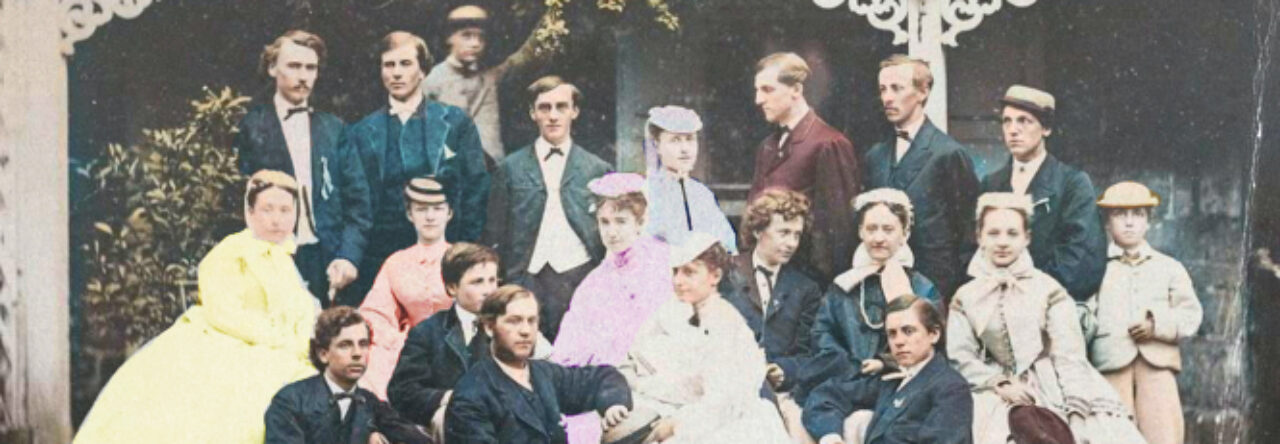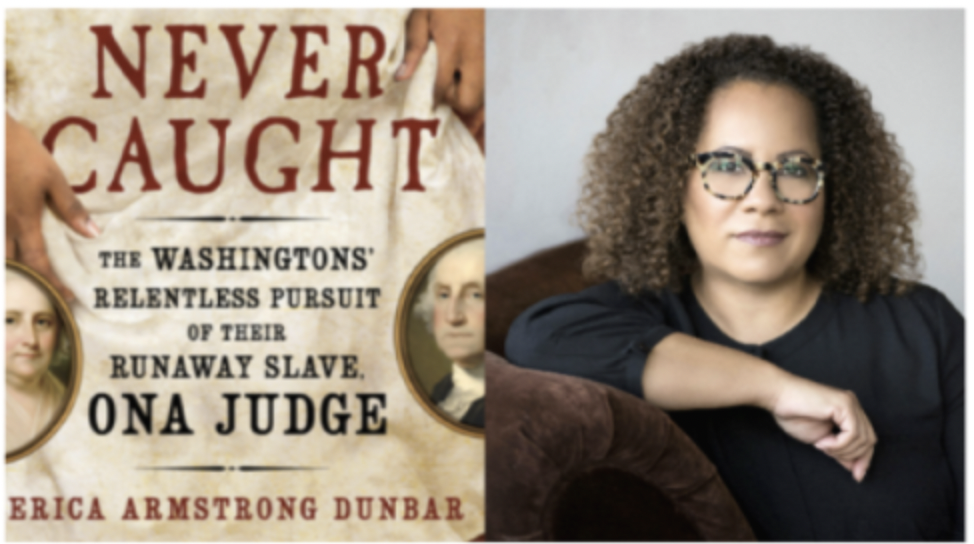“Historiography (literally, the writing of history) is the term that historians use for what other scholarly disciplines call a literature review: a summary of previous scholarship on a subject, explaining past debates and the current state of knowledge.” –Zachary Schrag, Princeton Guide, p. 90
Essential Question
Why does historiography matter?
Historiography is the study of how historical interpretation has evolved. Traditionally, this has meant an intense analysis of academic writings and a careful examination of how they tend to build on (or sometimes oppose) each other. Modern-day undergraduates, however, can probably benefit from embracing a more expansive definition of historiography, one that also includes the study of classroom teaching and public history. Here are some helpful guidelines for approaching and researching different types of historiographical questions:
Academic History
- Rely on high quality reference sources to help identify important books and articles.
- Learn how to peruse notes in academic scholarship to identify historiographical references
- Become familiar with tools such as book reviews, review essays, and state-of-the-field essays
Classroom History
- Learn how to identify and assess textbooks, standards, and curriculum sources
- Seek out specialized pedagogy journals, blogs, and other resources on teaching practices
- Understand how to use surveys and studies for evaluations of teaching & learning trends
Public History
- Understand different categories of public history presentation (museums, sites, cultural, etc.)
- Learn how to be creative in evaluating the public interpretative process
- Reflect on the meaning of memory and heritage as components of historical thinking
When Historians Disagree
“While Lincoln’s role in ending slavery is understood to have been more nuanced than his reputation as the great emancipator would suggest, it has taken longer for us to replace stories about cherry trees and false teeth with narratives about George Washington’s slaveholding.” –Erica Armstrong Dunbar, “George Washington, Slave Catcher, “ New York Times, Feb. 16, 2015
Openings and Closings
DUNBAR OP-ED OPENING: “AMID the car and mattress sales that serve as markers for Presidents’ Day, Black History Month reminds Americans to focus on our common history. In 1926, the African-American historian Carter G. Woodson introduced Negro History Week as a commemoration built around the birthdays of Abraham Lincoln and Frederick Douglass. Now February serves as a point of collision between presidential celebration and marginalized black history….”
DUNBAR OP-ED CLOSING: “When asked by a reporter if she had regrets about leaving the Washingtons, [Ona] Judge responded, “No, I am free, and have, I trust, been made a child of God by the means.” Ona Judge died on Feb. 25, 1848. She has earned a salute during the month of February.”
The most important thing about studying the study of history is to understand that doing so can sometimes lead to a series of difficult choices, especially for an undergraduate history major. Here are some suggestions for senior history majors:
Do’s / Don’ts
- Try to build on previous work / Don’t assume you have to tear down previous work to succeed
- Adopt a constructive but skeptical & questioning tone / Don’t let anything represent the final word
- Take special care to find the very best recent sources / Don’t waste time on unworthy sources
- Put your historiography in chronological order / Don’t ever ignore the idea of change over time
- Tackle big historiography questions in your papers / Don’t try to debate interpretations in notes
- Be fair when characterizing other peoples’ views / Don’t be afraid to condense and summarize
- Point out revealing discrepancies in notes / Don’t litter notes with every discrepancy or mistake
- Be creative about making connections / Don’t overwhelm your narratives with historiography
The bottom line is that undergraduate history majors should always try to see themselves as members of a historical community, ready and capable of making contributions to their respective fields, but only if they work hard enough to deserve it.

